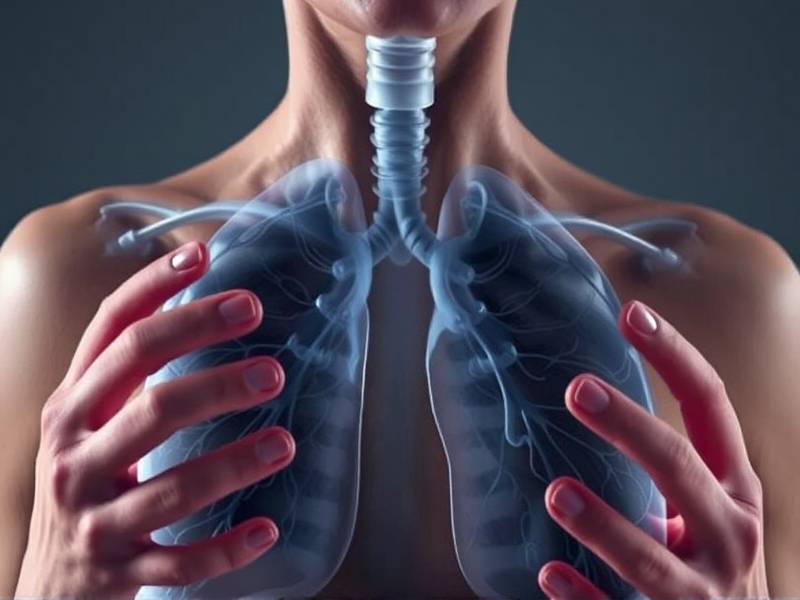Is There Any Progress in Emphysema After Quitting Smoking?
The Journey to Better Health: Progress in Emphysema After Quitting Smoking
Introduction: Emphysema, a chronic lung disease, is often associated with smoking. The good news is that quitting smoking can significantly improve the condition. This article delves into the progress that can be seen in emphysema patients after they quit smoking, offering hope and guidance to those struggling with this disease.
Section 1: Understanding Emphysema Emphysema is a progressive lung disease characterized by the destruction of the walls of alveoli, the tiny air sacs in the lungs. This leads to difficulty in breathing and decreased oxygen exchange. While there is no cure for emphysema, quitting smoking can halt its progression and improve quality of life.

Section 2: The Impact of Smoking on Emphysema Smoking is the leading cause of emphysema. The harmful chemicals in tobacco smoke damage the walls of alveoli, leading to their enlargement and collapse. This process worsens over time, resulting in severe breathing difficulties.

Section 3: Progress After Quitting Smoking Research has shown that quitting smoking can lead to significant improvements in emphysema patients' health. Here are some of the benefits:
- Reduced inflammation: Quitting smoking reduces inflammation in the lungs, which can slow down the progression of emphysema.
- Improved lung function: Many patients experience an improvement in their lung function within a few weeks after quitting.
- Better oxygenation: Quitting smoking increases oxygen flow to tissues and organs, improving overall health.
- Reduced risk of complications: By quitting smoking, patients lower their risk of developing other respiratory diseases and cardiovascular problems.
Section 4: Strategies for Quitting Smoking Quitting smoking can be challenging, but there are various strategies that can help:
- Seek support: Joining a support group or seeking help from a healthcare professional can provide motivation and guidance.
- Identify triggers: Avoiding situations that make you want to smoke can help you stay smoke-free.
- Use nicotine replacement therapy (NRT): NRT products like gum, patches, lozenges, or inhalers can help alleviate withdrawal symptoms.
- Consider prescription medications: Some prescription medications may help reduce cravings or withdrawal symptoms.
Conclusion: Quitting smoking is a crucial step towards improving your health if you have emphysema. While it may seem daunting at first, there are numerous resources available to help you on your journey to better health. By taking this important step, you can significantly slow down the progression of emphysema and enjoy a better quality of life.
